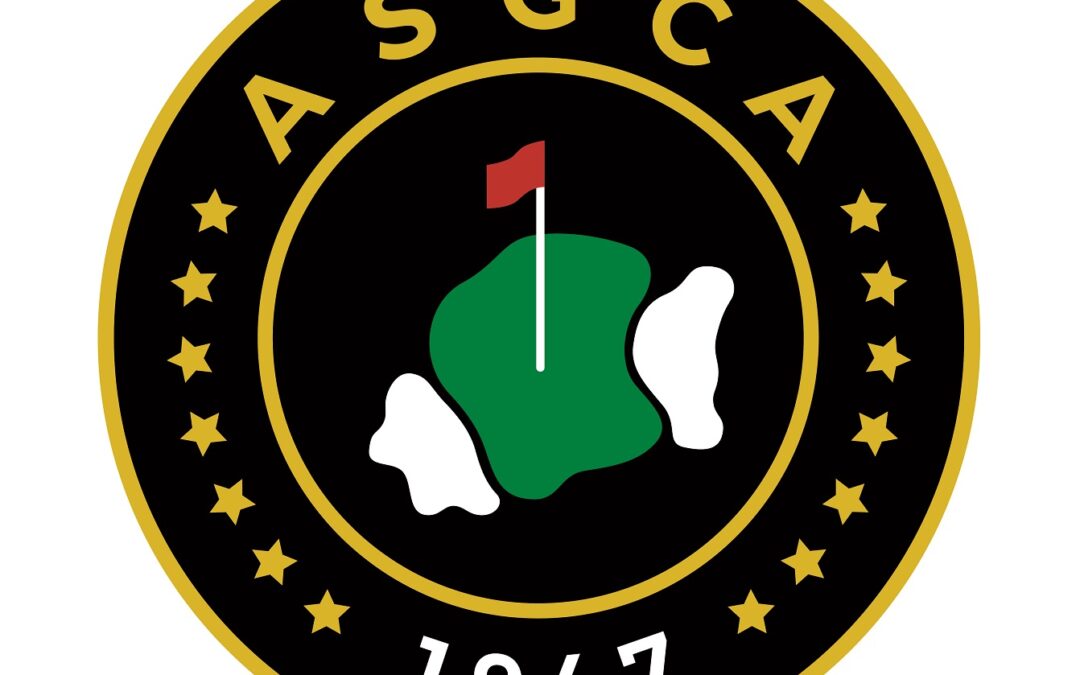Talking Points on the BIRDIE Act
- WHAT THE BILL DOES: H.R. 7228, AKA the BIRDIE Act, amends the portion of the U.S. Copyright Code providing Intellectual Property (IP) rights for “architectural works” to include golf course designs.
- Golf course architects are artists who shape plots of land into courses with unique aesthetic and utilitarian features, and like all other artists their work should be protected by the Copyright Code of the United States.
- Due to advancements in technology, simulation, and virtual reality, their designs are being exploited for commercial gain by others without any compensation for creators.
- Congress should act now to pass the BIRDIE Act because golf course architects are not receiving fair or any compensation for the increasing use of their designs in golf simulators and golf video games.
– By passing the BIRDIE Act, Congress will ensure that the small business owners responsible for designing some of the most celebrated courses in the country will finally be able to negotiate for fair compensation and proper recognition of their work. - The BIRDIE Act would only apply to works created on or after December 1, 1990, and works unconstructed and embodied in unpublished plans or drawings on the same date.
- The BIRDIE act would insert language into the Copyright Act that would create protections for the collective features that make up a golf course.
– The language would protect features such as: landscaping, an irrigation system, a path, a golf green, a tee, a facility in which golf is practiced, a bunker, a lake, and a topographic feature. - Golf course architecture is a unique and different profession.
– Golf course architecture incorporates many disciplines related to engineering, construction, and ecosystem management to create highly designed entertainment experiences.

